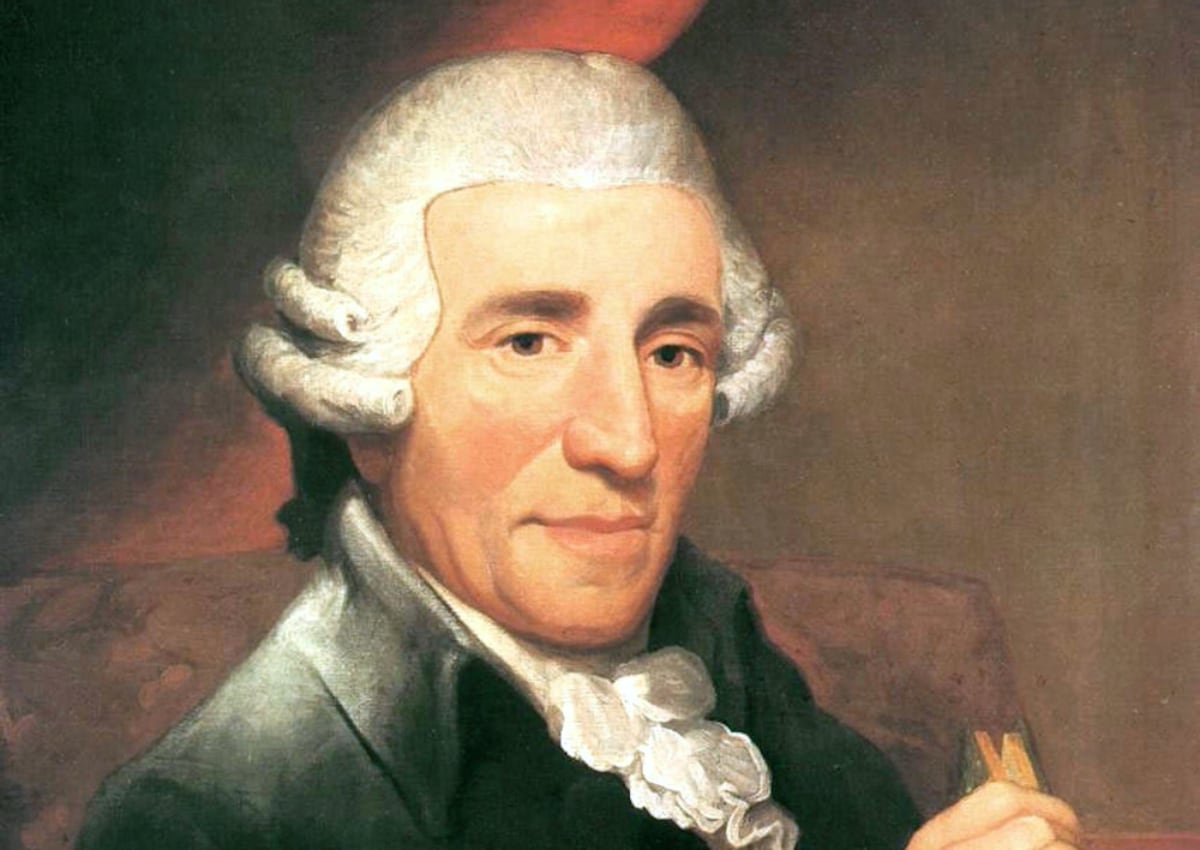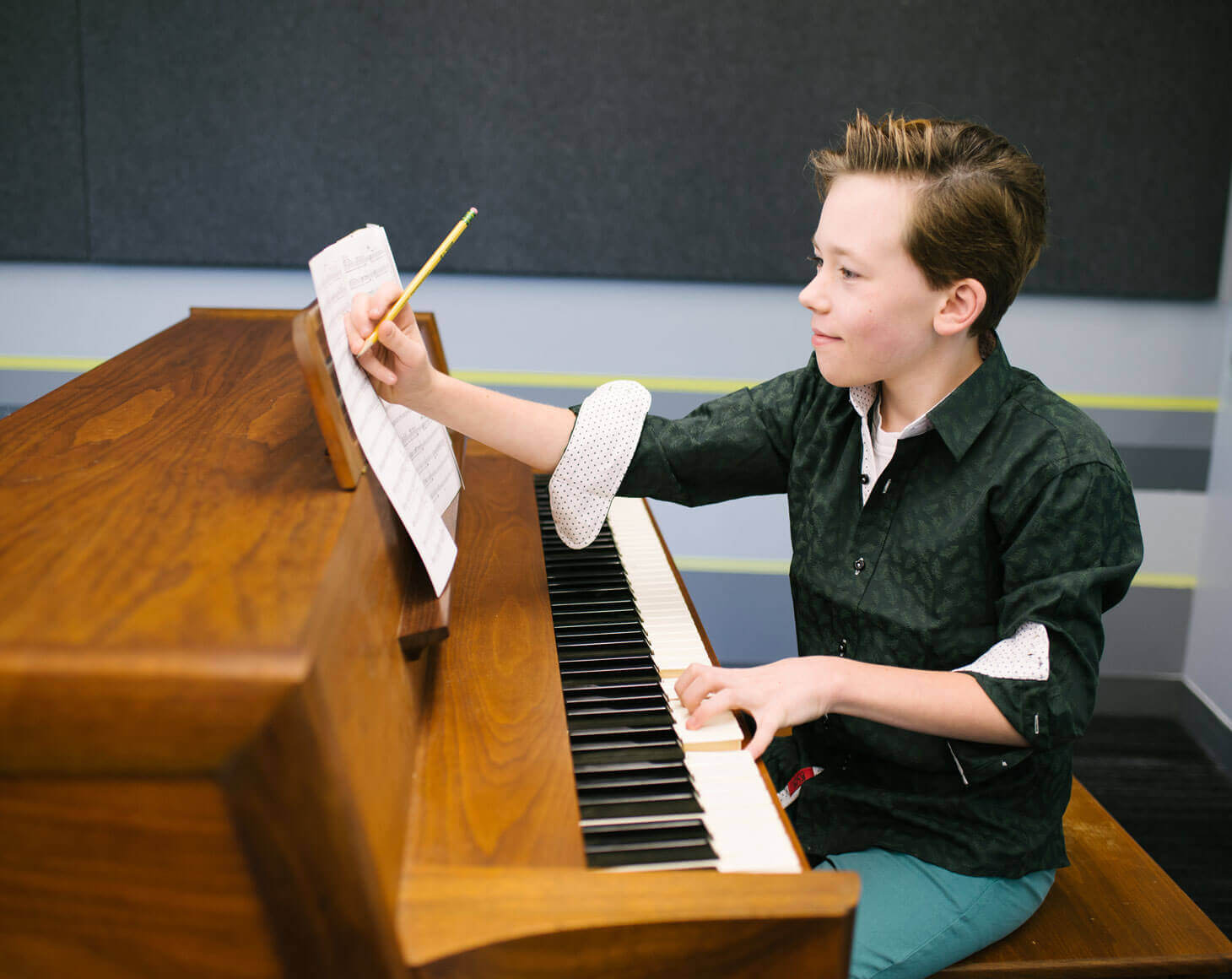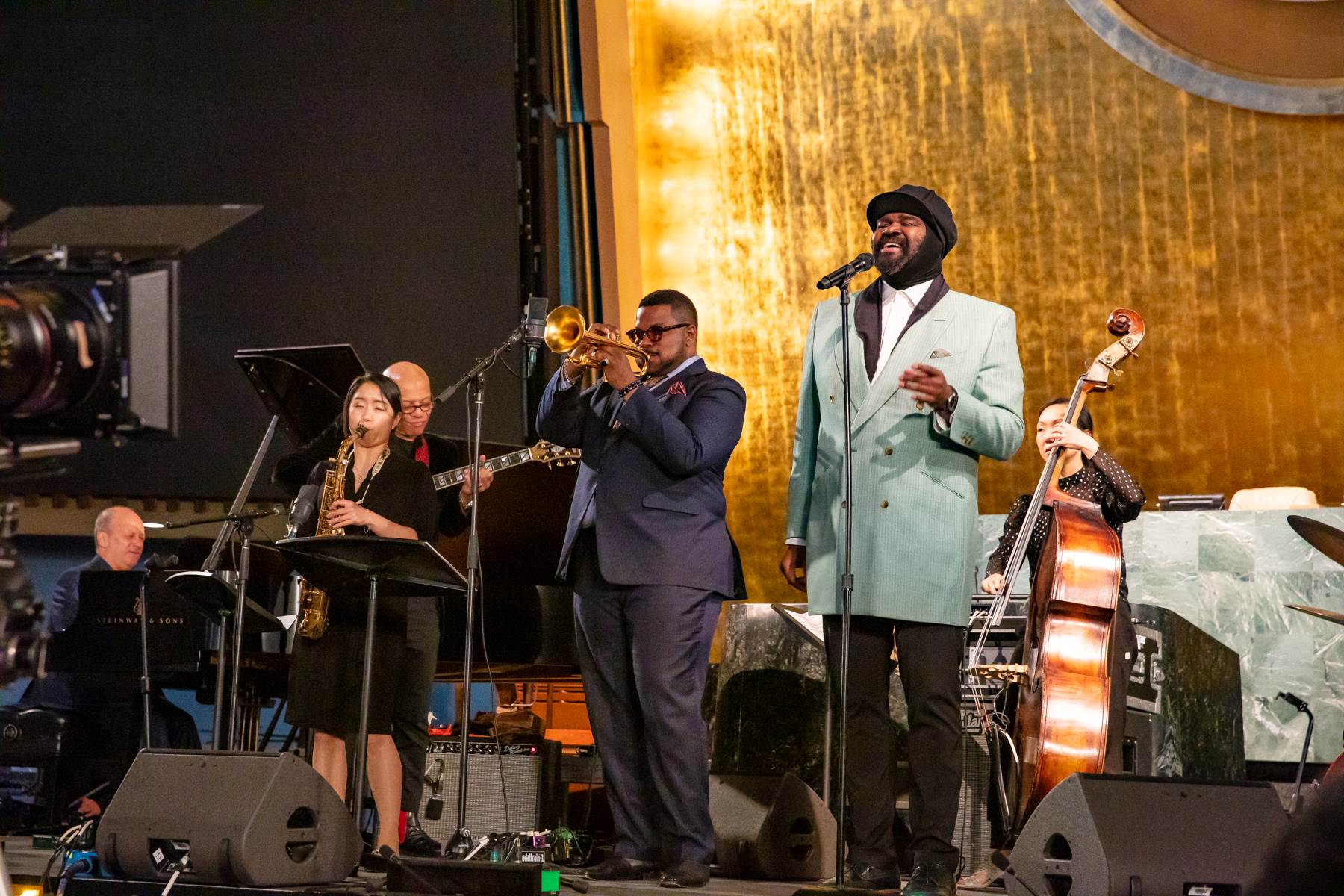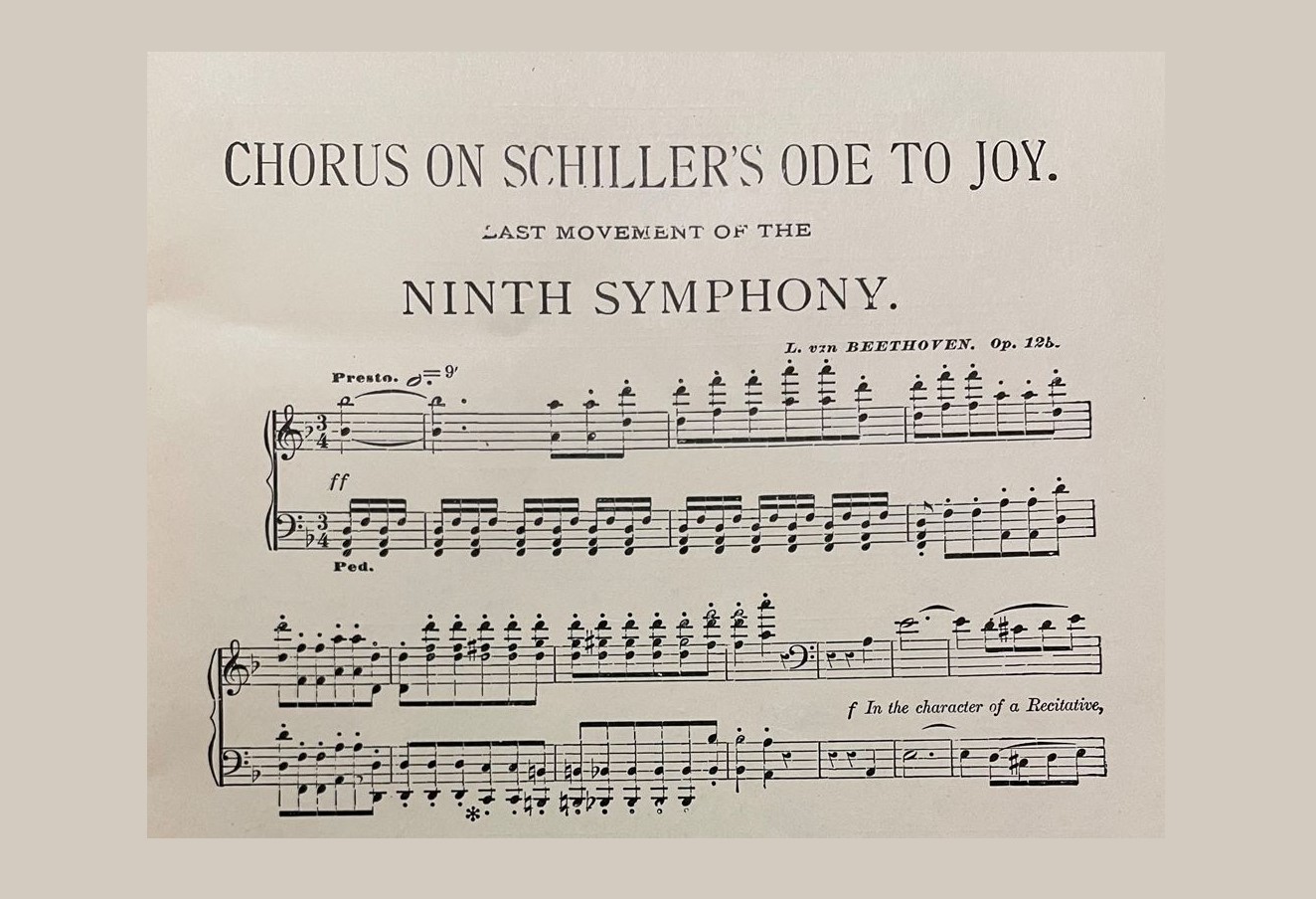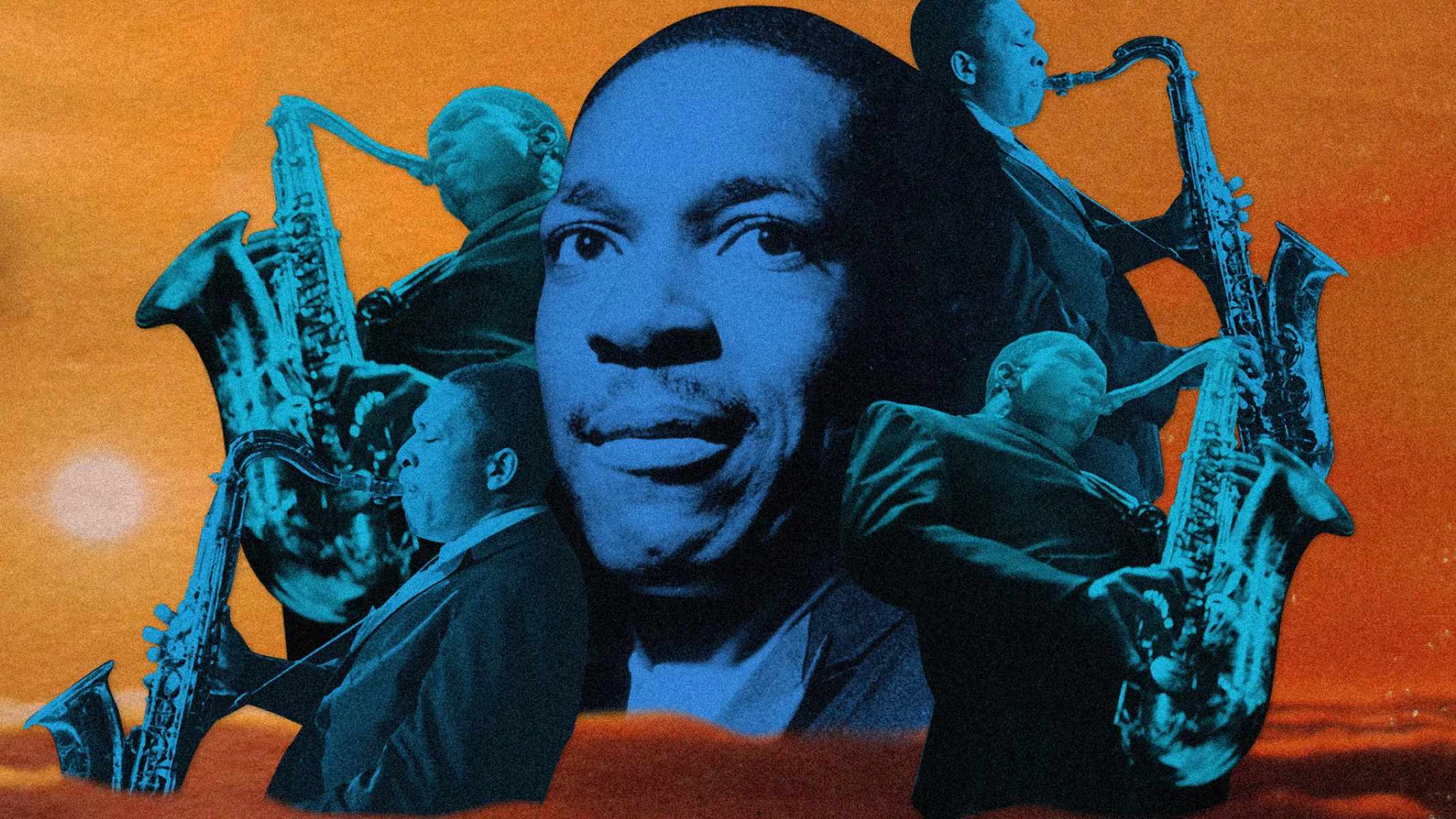Home>Events & Info>Music History>Why Is Johann Sebastian Bach Important In Music History
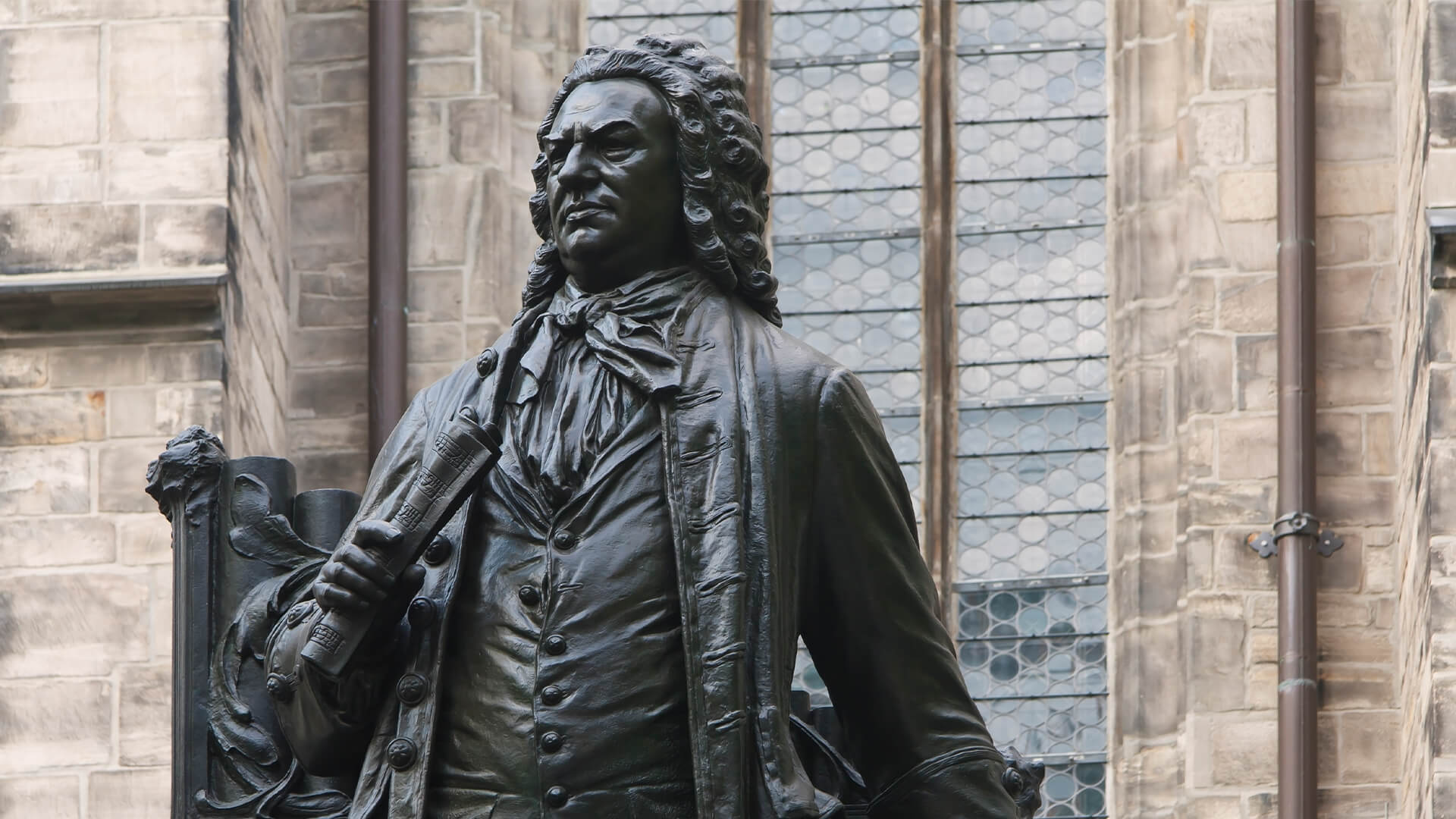

Music History
Why Is Johann Sebastian Bach Important In Music History
Published: December 27, 2023
Learn why Johann Sebastian Bach is considered an influential figure in music history and how his compositions shaped the course of classical music.
(Many of the links in this article redirect to a specific reviewed product. Your purchase of these products through affiliate links helps to generate commission for AudioLover.com, at no extra cost. Learn more)
Table of Contents
Introduction
When discussing the pioneers and titans of music history, one name that cannot be overlooked is Johann Sebastian Bach. This legendary composer, musician, and teacher shaped the course of Western classical music with his immense talent and unparalleled contributions. Born in 1685 in Eisenach, Germany, Bach’s prodigious skills and tireless dedication to music laid the foundation for the baroque era and influenced countless composers that followed.
Bach’s impact on music history extends far beyond his own lifetime. His compositions, which range from intricate fugues to majestic choral works, exemplify the heights of artistic expression and technical mastery. Recognized for both his keyboard and vocal works, Bach’s music resonates with listeners across generations, captivating the souls and imaginations of all those who encounter it.
This article will delve into the life, career, and lasting contributions of Johann Sebastian Bach. By exploring his early life and education, musical achievements, influence on baroque and classical music, and his enduring legacy, we will gain a deeper appreciation for the profound impact this musical genius had on the world.
Early Life and Education
Johann Sebastian Bach was born into a family of musicians on March 21, 1685, in Eisenach, Germany. His father, Johann Ambrosius Bach, was a talented violinist, and his uncles were renowned musicians in their own right. It was within this musical environment that young Johann Sebastian was introduced to music at an early age.
Bach’s parents passed away when he was just ten years old, and he moved to Ohrdruf to live with his older brother, Johann Christoph Bach. Here, Johann Sebastian began his formal music education, studying the organ, harpsichord, and violin. Under his brother’s guidance, he quickly mastered the technical aspects of music, displaying remarkable skill and an innate understanding of the intricacies of composition.
At the age of fifteen, Bach embarked on a journey to further his musical education. He walked more than 200 miles to attend the prestigious St. Michael’s School in Lüneburg, where he served as a chorister and continued to hone his musical abilities. During his time at the school, Bach immersed himself in the world of music, studying composition, music theory, and exploring the works of renowned composers of the time.
After completing his studies in Lüneburg, Bach embarked on a career as a professional musician, working as a court musician and organist in various cities across Germany. These early experiences allowed him to refine his skills, experiment with composition techniques, and gain exposure to a diverse range of musical styles.
While Bach was undoubtedly a highly talented musician, it was his insatiable thirst for knowledge and his unwavering commitment to self-improvement that set him apart from his contemporaries. Despite his busy schedule as a court musician, he dedicated countless hours to studying the works of other composers, continually expanding his musical horizons and refining his own unique style.
This rigorous dedication to mastering his craft laid the foundation for Bach’s future achievements and cemented his reputation as one of history’s greatest musical geniuses. As we delve further into Bach’s musical career and accomplishments, it becomes clear that his early life and education played a crucial role in shaping his extraordinary talent.
Musical Career and Achievements
Throughout his illustrious career, Johann Sebastian Bach held various positions as a composer, musician, and teacher. His unwavering commitment to excellence and his immense talent propelled him to the forefront of music during the baroque era.
One of Bach’s most significant appointments was his position as Kapellmeister at the court of Prince Leopold of Anhalt-Cöthen from 1717 to 1723. During this time, he had the freedom to explore new musical styles and compositions, resulting in some of his most notable works. In Cöthen, Bach composed his famous Brandenburg Concertos, a collection of instrumental masterpieces that showcase his unrivaled skill in orchestration and counterpoint.
Following his tenure in Cöthen, Bach accepted the position of Cantor at St. Thomas Church in Leipzig in 1723. This appointment allowed him to oversee the music of four churches in the city and teach at the St. Thomas School. It was during his time in Leipzig that Bach created his monumental choral works, including the St. Matthew Passion and the Mass in B Minor. These monumental compositions exemplify his ability to blend intricate harmonies, expressive melodies, and profound religious themes.
Bach’s abilities as a performer were equally exceptional. He was celebrated for his virtuosic skills on the organ, earning him the reputation as one of the greatest organists of his time. His improvisational abilities were legendary, and he often astonished audiences with his ability to create complex and intricate musical compositions on the spot.
Furthermore, Bach’s contributions as a teacher cannot be overlooked. He had a profound impact on the education and development of numerous talented musicians, many of whom went on to become important composers themselves. His pedagogical approach emphasized technical precision, expressive interpretation, and a deep understanding of musical theory.
Bach’s works and accomplishments during his career were widely recognized and celebrated within musical circles. However, it’s important to note that his influence and popularity were somewhat limited during his lifetime, with his significance fully appreciated only years after his death. Nevertheless, his contributions to music laid the foundation for future generations of composers and continue to inspire and awe audiences worldwide.
Contributions to Baroque Music
Johann Sebastian Bach’s contributions to baroque music are immeasurable. He not only embraced the style and techniques of the baroque era but also pushed its boundaries to new heights, elevating the genre and leaving an indelible mark on music history.
One of Bach’s notable contributions to baroque music was his mastery of counterpoint. Counterpoint involves the simultaneous combination of multiple independent melodic lines, creating a rich and intricate texture. Bach’s fugues, such as those found in “The Well-Tempered Clavier” and “The Art of Fugue,” demonstrate his unparalleled skill in weaving together complex melodic lines, creating harmonically rich and captivating compositions. His contrapuntal techniques continue to be studied and admired by musicians and musicologists to this day.
Bach’s exploration of harmony was equally groundbreaking. He employed daring and innovative chord progressions, introducing chromaticism and dissonance into his compositions. This harmonic experimentation lent a profound emotional depth to his music, evoking a wide range of emotions from joy and exuberance to introspection and contemplation. His use of harmonic techniques, such as modulation and harmonic ambiguity, allowed him to create musical narratives that captured the essence of the baroque era.
In addition to his technical innovations, Bach contributed greatly to the development of musical forms. He expanded the concerto form through his compositions, particularly in the Brandenburg Concertos, where he experimented with orchestral textures, interplay between soloists and the ensemble, and virtuosic solo passages. Bach also made significant contributions to chamber music, with works like the Sonatas and Partitas for Solo Violin and the Suites for Solo Cello.
Bach’s genius as both a composer and an improviser also played a crucial role in the evolution of baroque music. His ability to create intricate and complex compositions on the spot showcased his exceptional musicality and his deep understanding of the baroque style. His skills as an improviser allowed him to captivate audiences with his spontaneous musical creations, further establishing his reputation as a musical genius of his time.
Overall, Bach’s contributions to baroque music were transformative. His technical innovations, harmonic explorations, and mastery of composition techniques elevated the genre to new heights. Bach’s influence can be felt in the works of countless composers who followed, and his impact on the development of music during the baroque era remains unparalleled.
Influence on Classical Music
Johann Sebastian Bach’s influence on classical music cannot be overstated. Despite being considered a composer of the baroque era, his works and innovations transcended the boundaries of his time, laying the groundwork for the development of classical music.
One significant way Bach influenced classical music was through his extensive collection of keyboard works, particularly his Well-Tempered Clavier. This collection consists of preludes and fugues in all 24 major and minor keys, serving as a precious resource for studying composition, technique, and musical expression. Many classical composers, such as Mozart, Beethoven, and Chopin, studied and drew inspiration from Bach’s keyboard works, integrating his contrapuntal style and harmonic complexity into their own compositions.
Bach’s approach to polyphony and counterpoint also had a profound impact on classical music. The development of multi-part writing, intricate melodic lines, and the art of interweaving musical voices can be traced back to Bach’s compositions. His fugues, in particular, became a model of composition that influenced classical composers in their pursuit of formal structure, harmonic balance, and melodic development.
Bach’s use of harmonic language in his compositions also served as a foundation for classical music. His exploration of chromaticism, tonal ambiguity, and expressive dissonance expanded the harmonic palette of the time. Composers of the classical era, such as Haydn, Mozart, and Beethoven, built upon Bach’s harmonic innovations, incorporating them into their own compositions and further advancing the language of music.
Furthermore, Bach’s works showcased the potential of the orchestra as a vehicle for musical expression. His Brandenburg Concertos, for instance, demonstrated the possibilities of interplay between soloists and the ensemble, as well as the virtuosic capabilities of individual instruments. These ideas deeply influenced the development of the classical concerto, with composers like Mozart and Beethoven building upon Bach’s groundwork.
Even beyond his compositions, Bach’s approach to music education and pedagogy left a lasting impact on classical music. His emphasis on technical mastery, thorough knowledge of theory, and the study of previous musical works became the foundation of classical music education. The traditions and practices he established continue to shape the training of musicians to this day.
In sum, Johann Sebastian Bach’s profound influence on classical music can be seen in the works and techniques of countless composers who followed him. His keyboard works, mastery of counterpoint, harmonic innovations, orchestral compositions, and pedagogical methods provided a rich and fertile ground for the emergence of classical music. Bach’s influence continues to reverberate through the centuries, making him a cornerstone of classical composition and a timeless figure in the history of music.
Legacy and Impact on Music History
The legacy of Johann Sebastian Bach in the realm of music history is immeasurable. His profound impact reaches far beyond his own era, continuing to inspire and influence musicians and composers to this day. Bach’s contributions to music have shaped the development of various musical genres and left an indelible mark on the course of music history.
Bach’s compositions spanned a wide range of musical forms, including sacred and secular vocal works, orchestral pieces, chamber music, and keyboard works. His prolific output, characterized by its technical brilliance and emotional depth, set a standard that has been revered and emulated by generations of composers. Bach’s music stands the test of time, continuing to enchant audiences with its profound beauty and complexity.
One of the key aspects of Bach’s legacy is his profound influence on the development of Western classical music. His mastery of counterpoint, harmonic exploration, and structural innovation laid the groundwork for the work of subsequent composers in the baroque, classical, and even romantic eras. His impact is evident in the works of renowned composers such as Mozart, Beethoven, Brahms, and beyond.
Additionally, Bach’s commitment to meticulous craftsmanship and technical precision greatly influenced the performance practice of his time, as well as the historical performance movement of the 20th century. His compositions have become benchmarks for musicians, demanding high levels of technical skill, interpretive nuance, and artistic expression. Through his music, Bach has enriched the lives of countless performers, listeners, and scholars.
Furthermore, Bach’s music has transcended cultural and geographical boundaries, resonating with people around the world. His universal themes of faith, joy, sorrow, and human experience have an enduring resonance that transcends time and place. His choral works, such as the St. Matthew Passion and the Mass in B Minor, continue to be performed and cherished as profound expressions of spirituality and artistic excellence.
Moreover, Bach’s impact on music education is immeasurable. His dedication to pedagogy, as seen in his compositions and treatises, established a foundation for music education that endures to this day. Many of his pieces are studied by aspiring musicians, serving as valuable tools for learning technique, interpretation, and musical expression. The principles he imparted have guided generations of musicians and teachers, shaping the next wave of musical talent.
Overall, Johann Sebastian Bach’s legacy and impact on music history are unparalleled. His mastery of composition and performance, his technical innovation, and his profound musical expression continue to inspire and captivate audiences worldwide. Bach’s works have become an invaluable part of our artistic heritage, ensuring that his influence will endure for generations to come.
Conclusion
Johann Sebastian Bach’s immense talent, creativity, and innovation position him as one of the most significant figures in music history. His contributions to baroque music and his influence on classical music have left an indelible mark on the world of music.
Bach’s profound understanding of counterpoint, harmonies, and musical structure enabled him to craft compositions of unparalleled beauty and complexity. His works continue to be studied, admired, and performed by musicians and music lovers alike, showcasing the enduring power and brilliance of his music.
Moreover, Bach’s influence extends beyond his compositions. His pedagogical approach and commitment to technical precision have shaped the education of musicians for centuries. His dedication to the art of music and his tireless pursuit of musical perfection serve as an inspiration to aspiring musicians and composers around the world.
Bach’s legacy reaches far beyond his own time, with his profound influence reverberating through the centuries. His accomplishments continue to shape the course of music history, inspiring countless composers and musicians to explore new horizons and push the boundaries of their craft.
In conclusion, Johann Sebastian Bach’s contributions to music history are immeasurable. His music transcends time and place, resonating with audiences across generations and cultures. His technical brilliance, his mastery of composition, and his profound emotional expression have solidified his place as one of the greatest composers of all time.
Over three centuries after his birth, Bach’s music continues to be celebrated, studied, and performed, ensuring that his legacy will endure for generations to come. Through his genius and artistry, Bach has forever shaped the landscape of music and left an everlasting impact on the world of art.



